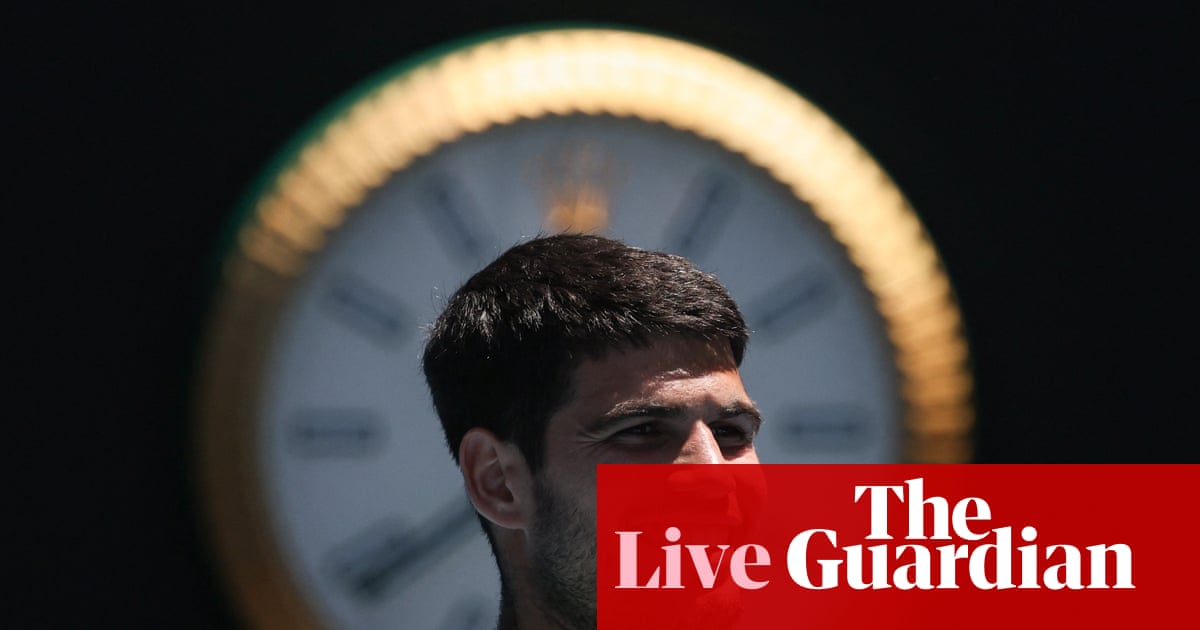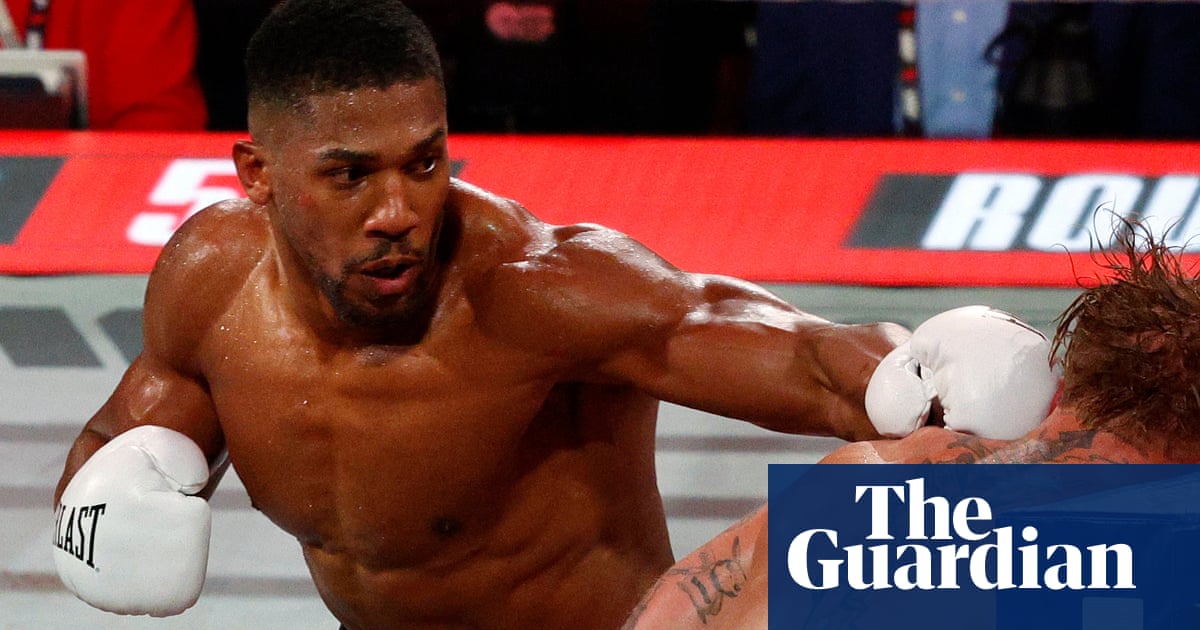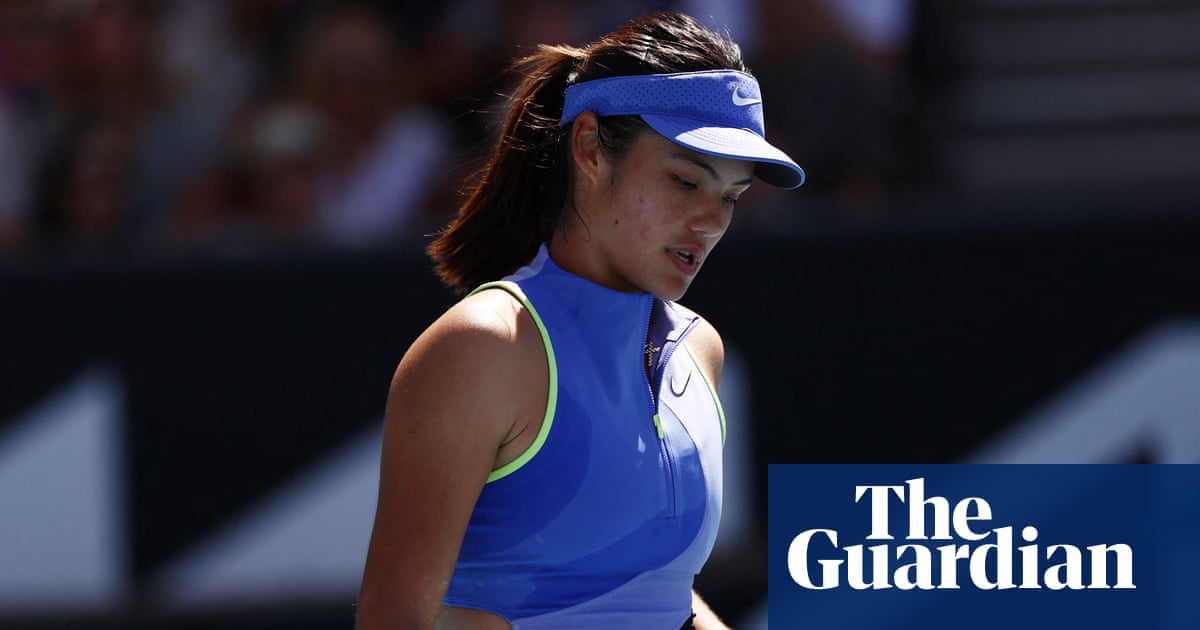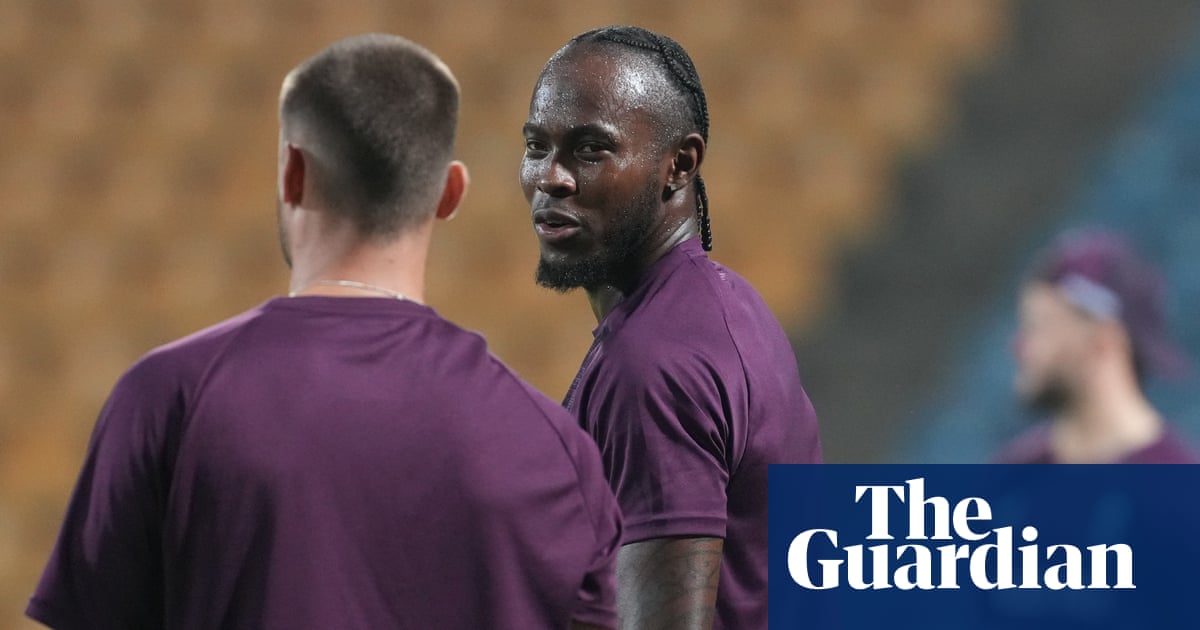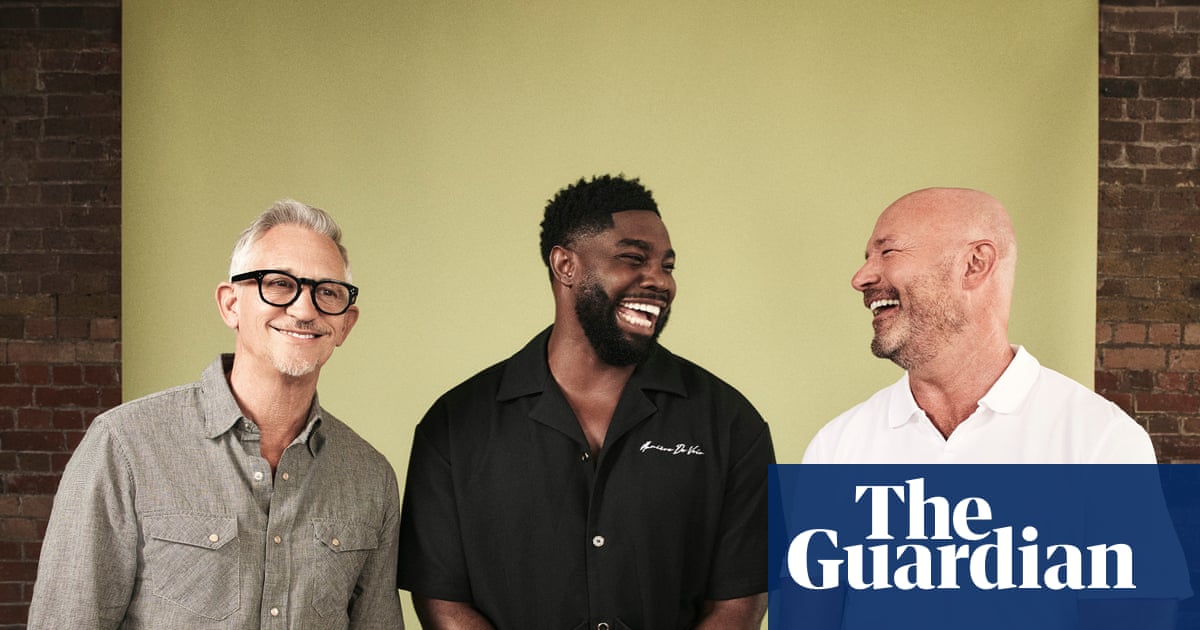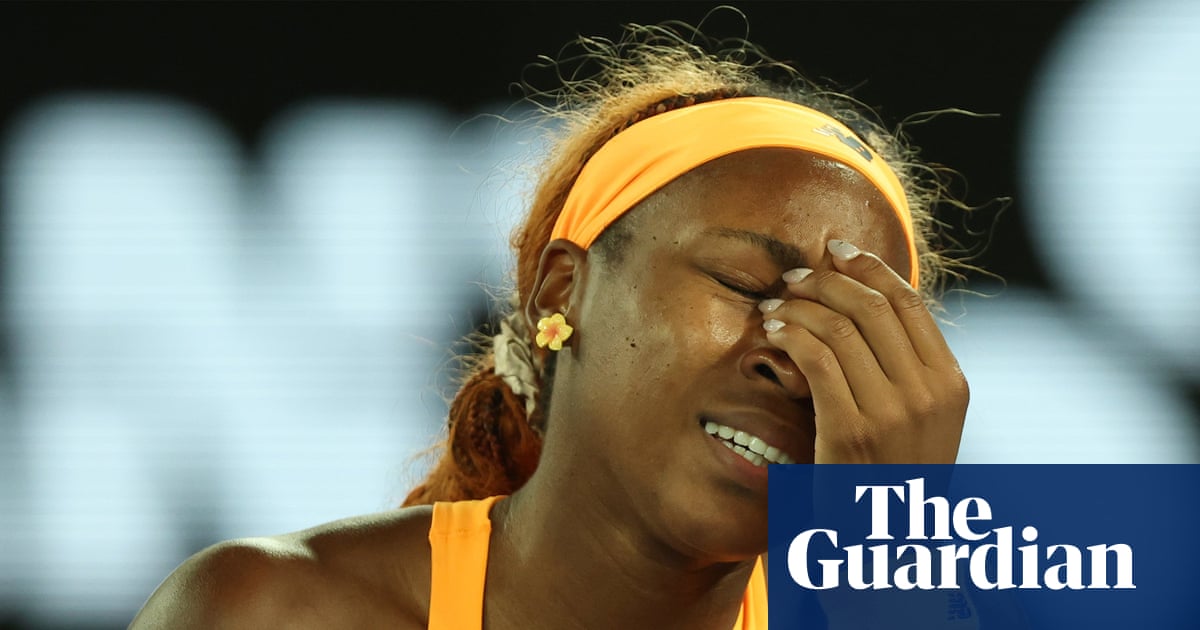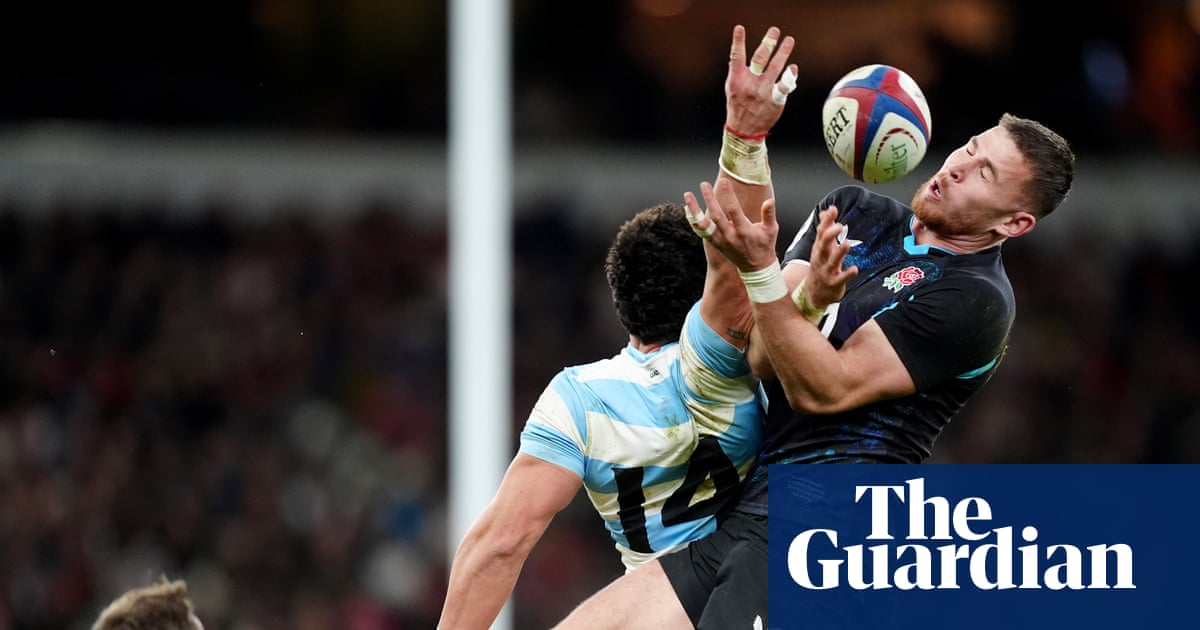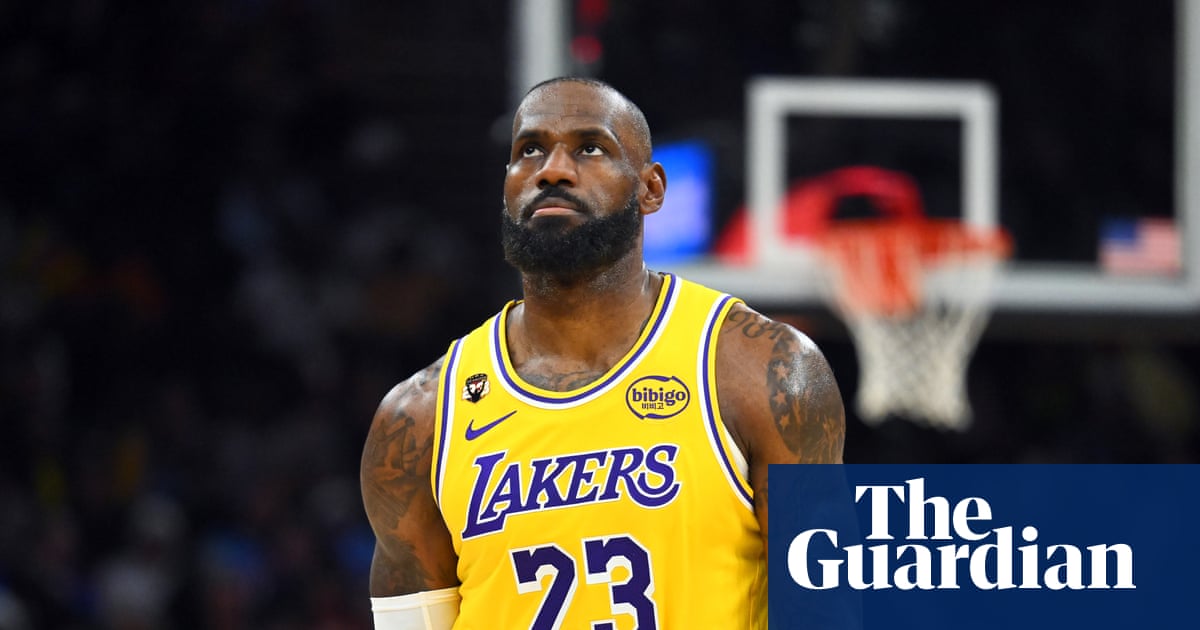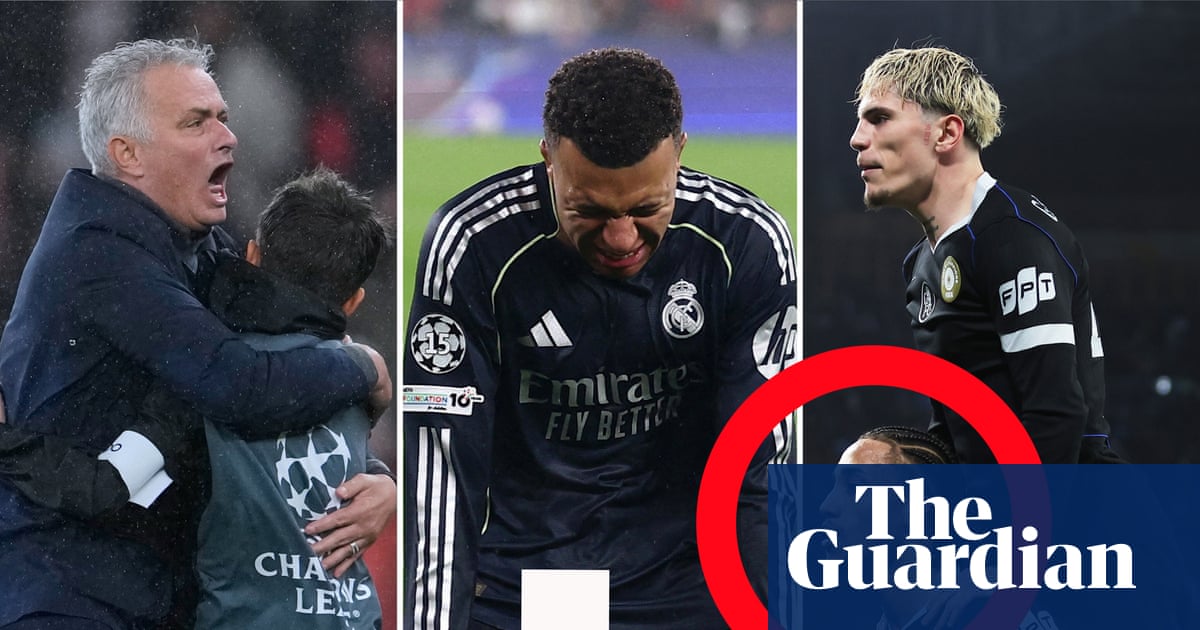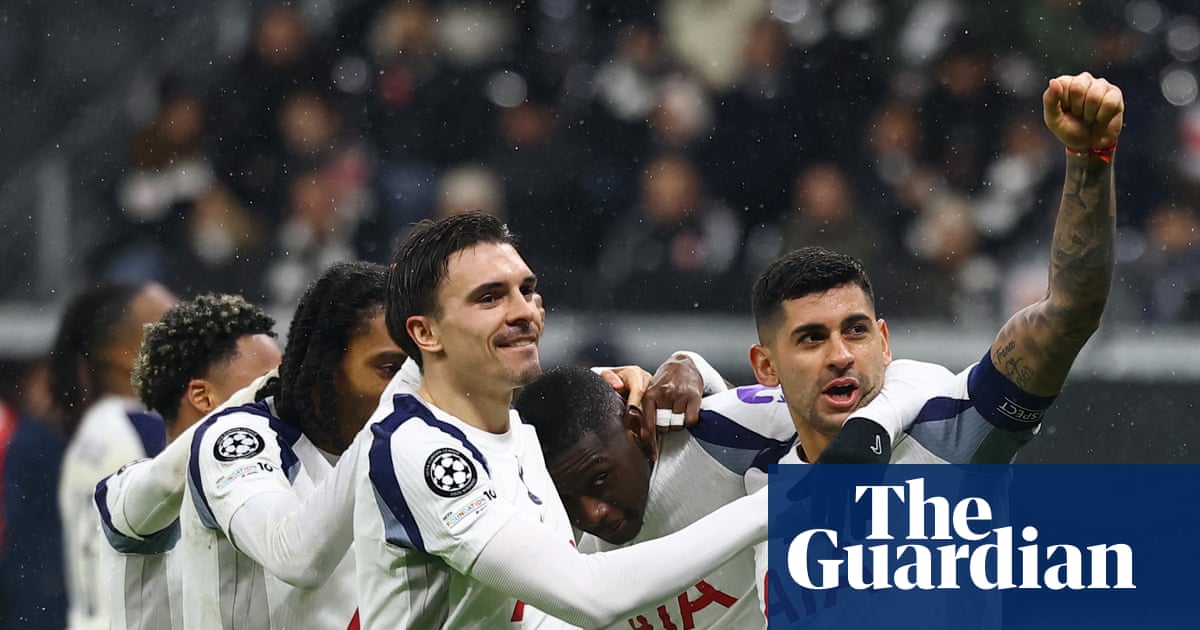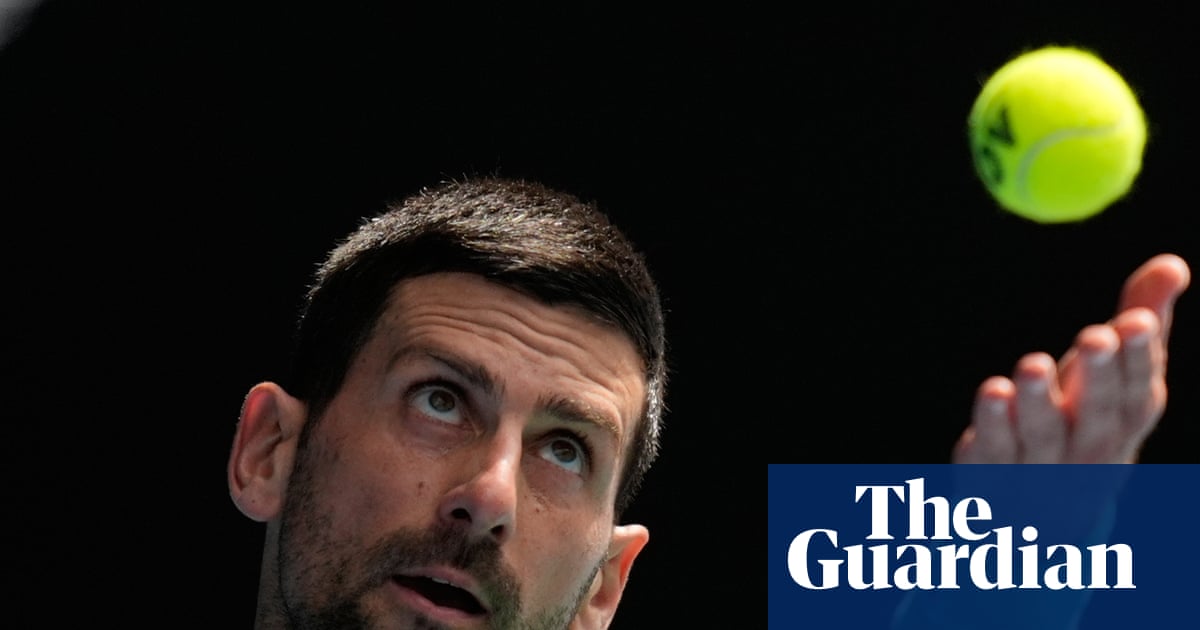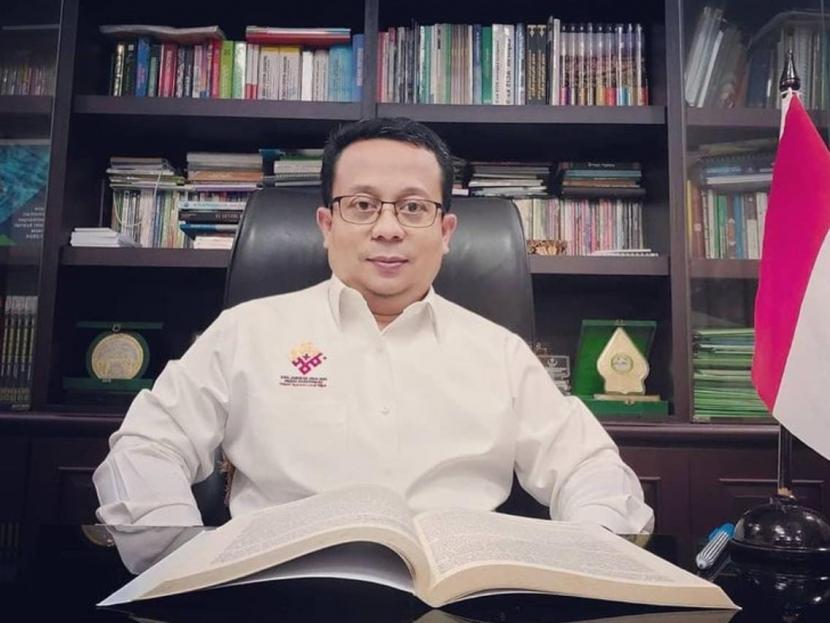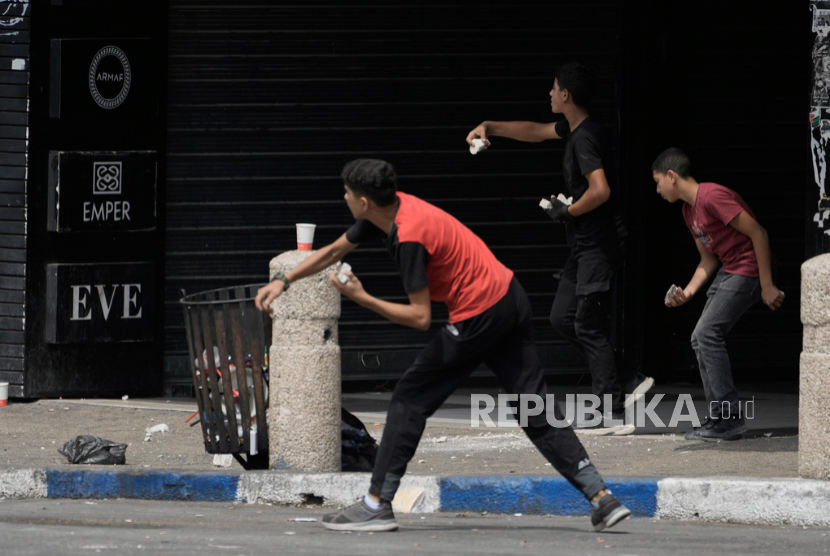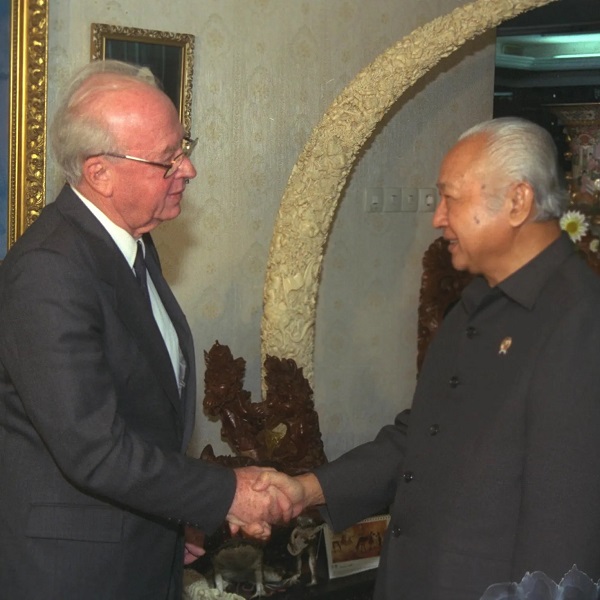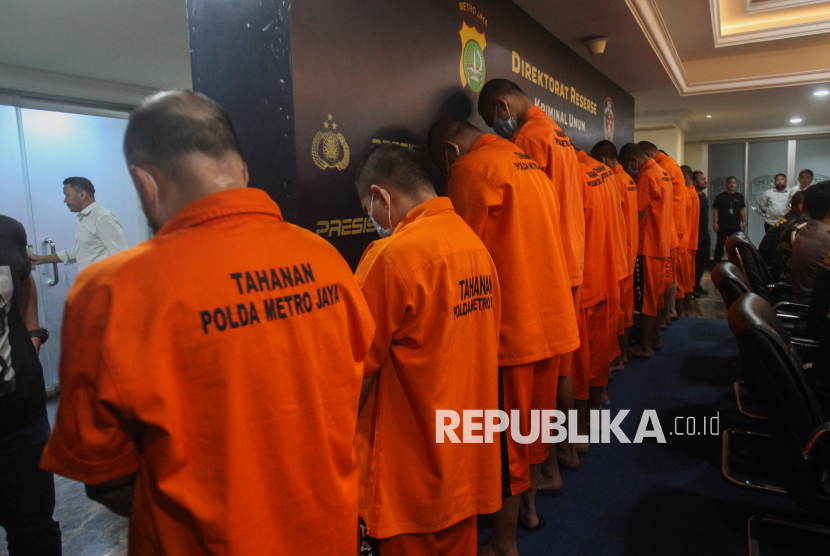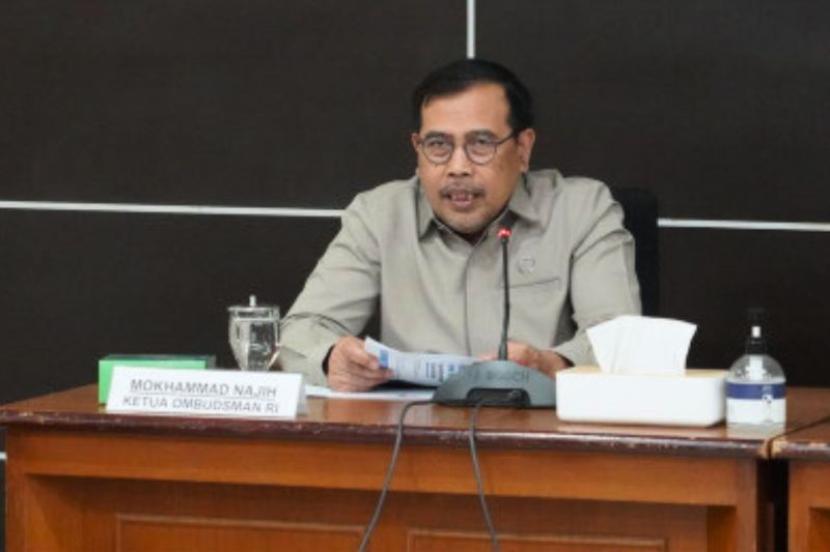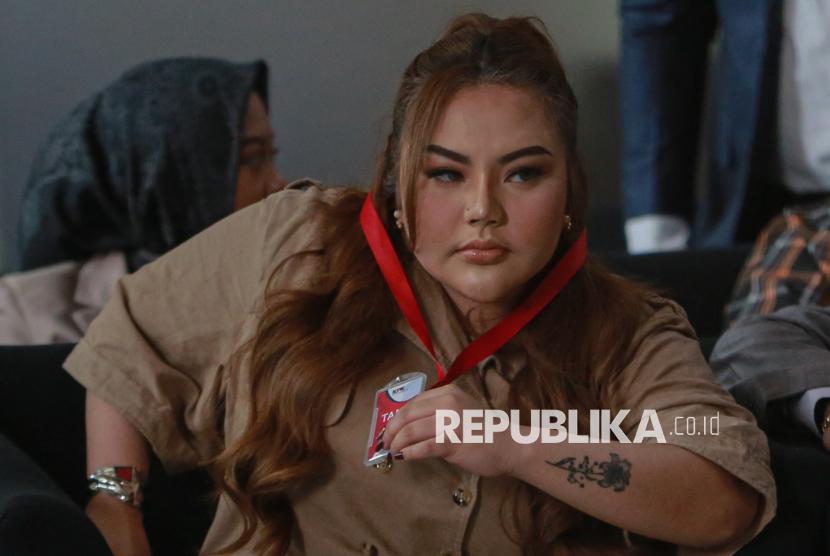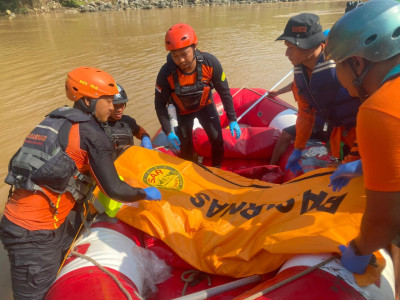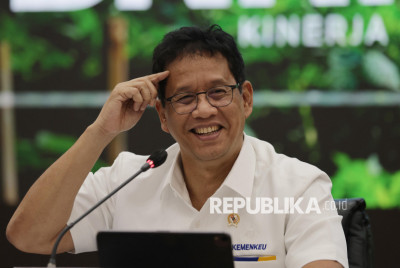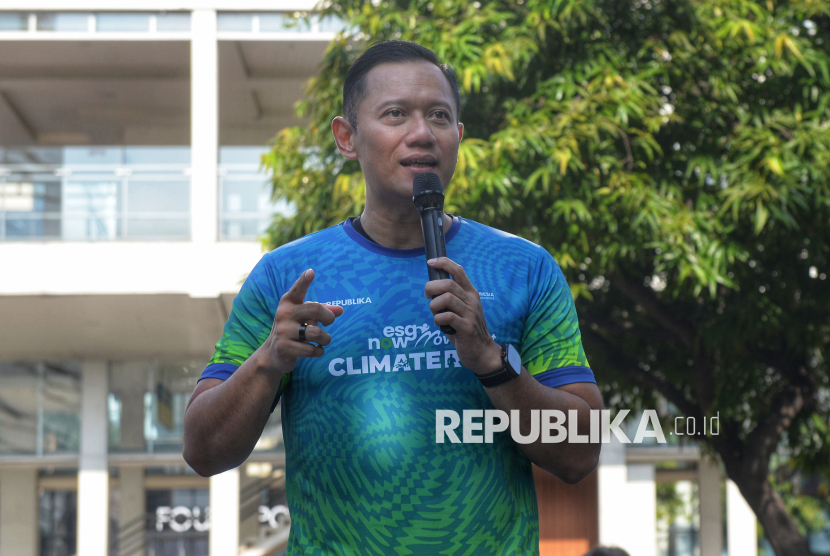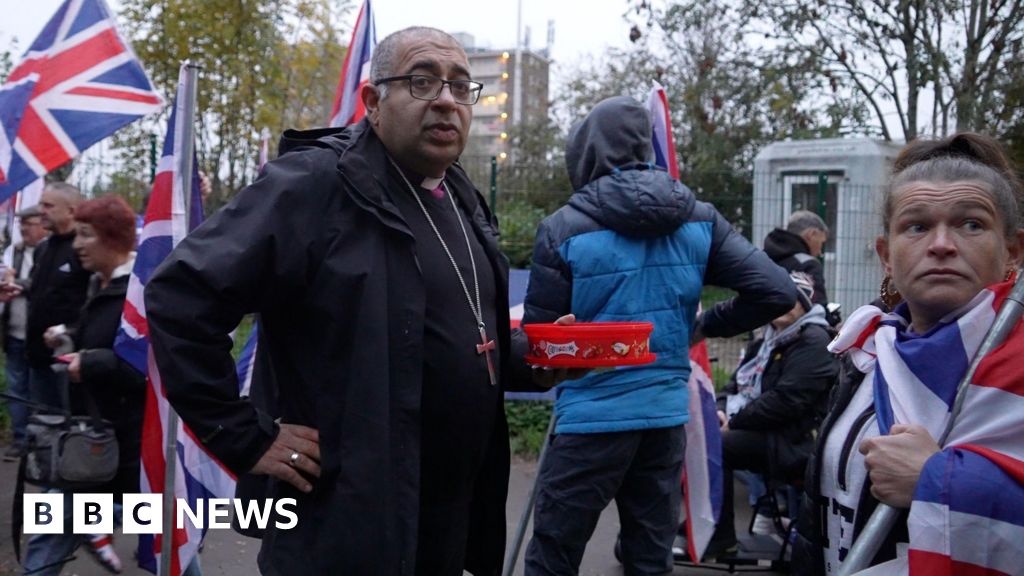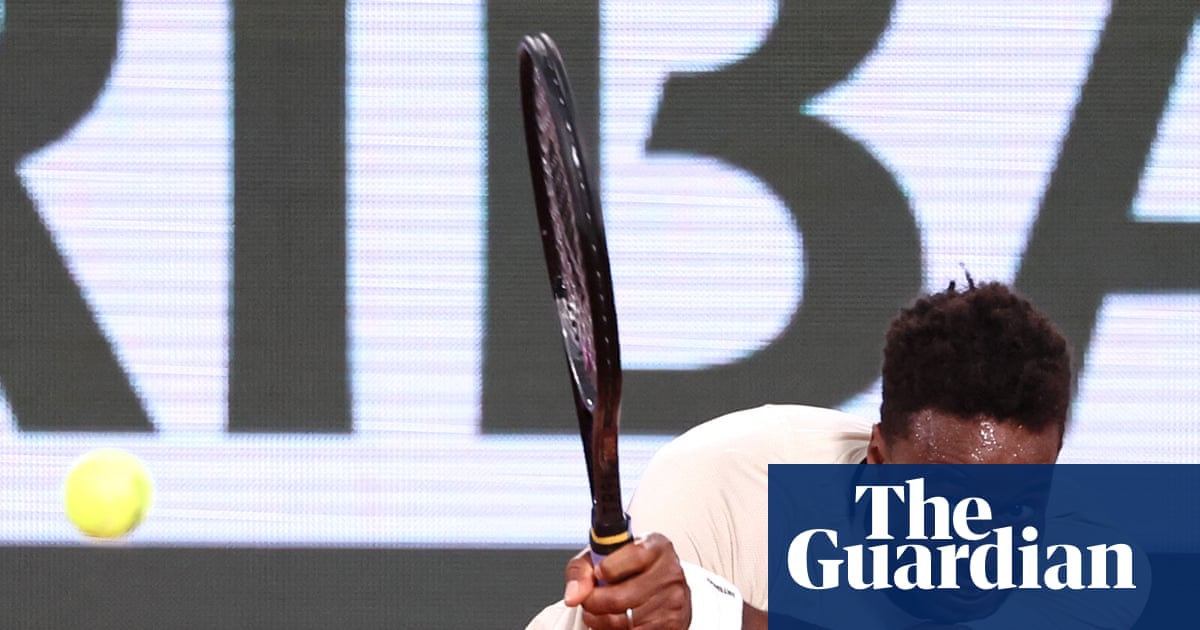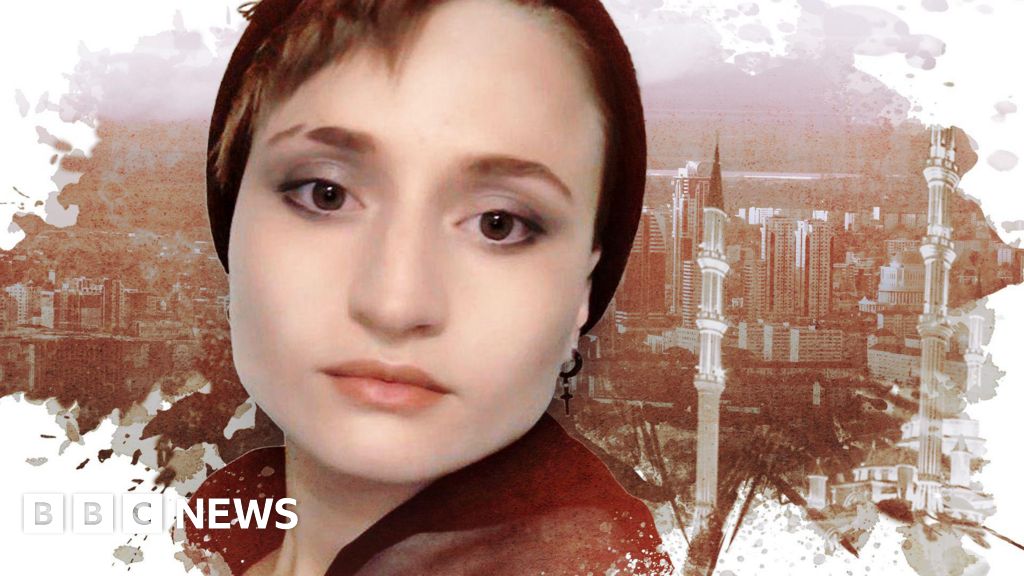A 22-year-old Natalia Arroyo stood alone in what she describes as a “sad shower” and gutturally cried. It was the moment she knew her playing career had ended. The Spaniard had lain on the grass shortly beforehand, her anterior cruciate ligament torn again. It was “super emotional”, she says, but she was done.
Arroyo, speaking at the expanded training base of an Aston Villa side who last Saturday secured a notable win at Manchester United, joined Barcelona at the age of nine, though at the time there was no real relationship with the main club. She graduated to the B team, captained that side and was one of three 16-year-olds to force their way into the senior set-up. That experience has taught her how to integrate players.
“Being a three helped us to feel a little bit less isolated or a little bit less overwhelmed by the environment,” the 39-year-old Villa manager says. “On the other hand, if you are alone it forces you to be involved: you have no other choice but to jump into conversations.
“If you’re protected by having others that are in the same age range it’s maybe not necessarily the best way to get adapted. At some point you need to go it alone and find your own tools because the ones playing, the ones with the ball, the ones making a mistake, are not necessarily your other two younger teammates.”
Arroyo was part of the Barcelona side that earned promotion back to the top flight in 2004 but an ACL injury followed by a broken hand that required surgery set her back. “I just realised I didn’t have the level in me any more to be able to stay in Barcelona,” she says. “They were too strong for me.”
A move to RCD Espanyol followed, Arroyo being unable to leave Barcelona because she was studying visual communications at university and had work with local radio stations. She was playing in the second division when her second ACL injury struck.
“The standards were not even average,” she says. “Playing for fun is not what I wanted. I played to be the best I could possibly be and to compete. If there wasn’t a chance of me being able to do that, I thought I needed to do sport in another way. That’s why when the second ACL injury came it was an easy decision to step away.”
Arroyo had journalism to turn to. When she watched football on TV as a small child she had imagined herself in every role she saw and her degree took her into commentary, punditry and writing. Journalism was the plan, not coaching. She had helped out in the academy and with summer camps and had done her coaching badges, but she never considered it a significant part of her future.
“There was probably a little coach inside me when I was playing – I realise that now,” she says. “I was not conscious of it then, but I had been a captain, I was playing in the central channels, centre-back, sweeper, as a No 6, as a midfielder, and coaches trusted me to deliver messages and guide the team a little.”
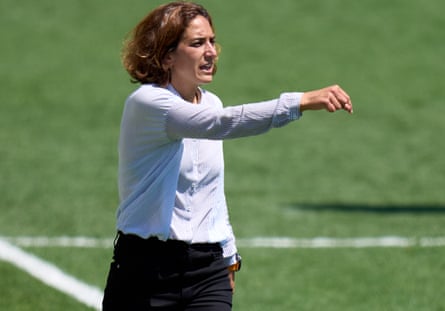
When the opportunity arose to coach the Catalonia national team, she did it alongside her roles in TV and with the Catalan newspaper Diari Ara.
“I could feel that was the perfect development space,” she says. “It was a lot about observing the game, reading the players, searching for talent and building a team from them in the shortest time. You learn what the critical information to deliver is and the opportunity to watch a lot of games and to see how other coaches were coaching was a very good learning process. Then the fact I had really good players allowed me to play my ideal football style.”
With a team that included Alexia Putellas, she presided over a loss on penalties against the Basque Country in the 2015 Centenary Trophy before the unexpected growing itch to try club management grew stronger. Her journalism helped her prepare.
“I started to do journalistic investigations, asking friends and colleagues in the game if I could visit their training sessions and get to know a bit more about them. In every interview I did, I learned a little bit about how you deal with different problems and situations. For example, what’s it like having an injured player in your squad?
“I was asking as a journalist, trying to first tick the box for the article I was told to do, but at the same time I was imagining what I would do and I was building my own style. Any time I was watching a team, commentating or doing punditry, I was imagining what it would be like if I was on the bench.”
In 2020, when Real Sociedad got in touch, it was time for another leap into the unknown. “I had to turn all that theory into reality. It was definitely a big step, but I felt ready. I was a little bit scared, but I felt I knew the main things: I knew the game.”
after newsletter promotion
Sociedad were patient. They knew she was a diamond in the rough and would need time. By the end of her second season they were second in the league and in 2023-24, her final season, they were Copa de la Reina runners-up.
The process before her recruitment by Villa was similar. Lots of watching, analysing, travelling and learning about European and world football, with the challenge of being outside Spain alluring. Again, there were nerves when the call came.
“You’re never completely ready for anything, you will never get perfection, you have to tell yourself you know enough,” she says. “I felt brave, scared again, and I didn’t know if I would be good enough, but my mantra in life is: let’s try.”
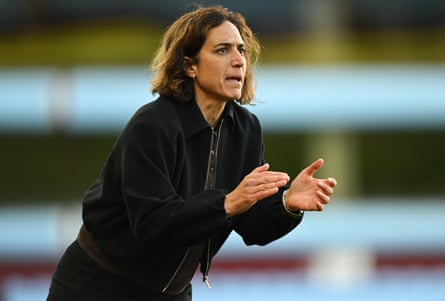
Arroyo joined at the end of January after December’s sacking of Robert de Pauw, replacing the interim manager, Shaun Goater. Her first game was a 1-0 defeat by the champions, Chelsea, and four more league losses followed, a 3-2 win over Brighton in the FA Cup the only sunlight.
“I was asking the players to believe in it all, that it wouldn’t be like a today or tomorrow thing and we needed to, and still need to, trust the process because we were trying to change things on a much deeper level.
“Winning was important and at some points I was as scared as the players were because the team was doing worse, so I needed to face that reality. It’s like: ‘Oh, I’m not helping that much really.’ But, we needed to take that time to reap the reward.”
She says that making the players “own their own processes” was important. “We had a lot of meetings together to bring the energy up and to talk about things.”
The season ended with stunning run of five straight WSL wins, producing a sixth-placed finish. They are seventh going into Sunday’s match at home to London City with a game in hand.
“We are competitive, we are consistent, we are solid … and we really want to fight for every action,” Arroyo says, but she is pleased with the culture too. “There’s a lot of things outside the results I’m quite proud of in that respect. We are building good things with the club and are building a stronger club.”
.png)
 2 months ago
29
2 months ago
29
